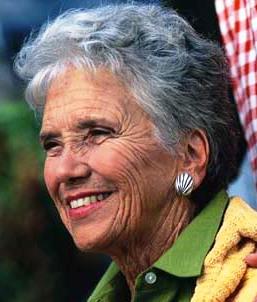Recently, I was speaking with a friend considering having radiation following a lumpectomy for a stage 1 breast cancer.
She had just turned 70 and didn’t see the need to expose herself to radiation and then to take Tamoxifen or one of the other adjuvant hormone therapies for five years and contend with all the possible side effects. As she put it, “Given my age, I want a quality of life.”
Her doctor was encouraging her to take radiation and a hormone therapy to insure the greatest possible chance of avoiding a recurrence. In the end, she decided to take external beam radiation for the usual 6+ weeks and forgo taking the hormone therapy that she felt would only aggravate other chronic medical problems.
I decided to see what other doctors are advising their older patients about radiation and hormone therapy following a lumpectomy for early stage breast cancer and came across the following information.
Until recent years, post surgical treatment for women over 70, with early stage breast cancers, was often limited based on their age. Most had a mastectomy without reconstruction. These days more and more women, in this age group, are opting for a lumpectomy over a mastectomy. However, taking the standard radiation therapy following a lumpectomy is a decision some older women are choosing not to make.

According to researchers, more women are choosing radioactive implants over traditional external beam radiation therapy. Others, with estrogen-positive cancers, are deciding against getting radiation therapy following a lumpectomy; opting instead for hormonal therapy, such as Tamoxifen. Among those women with estrogen-negative tumors, for whom hormonal therapy is not an option, 91 percent were more likely to die of breast cancer if not they did not receive radiotherapy after a lumpectomy.
Researchers summed up their findings by stating that adjuvant radiation after lumpectomy reduces breast cancer mortality for women over 70 with early stage breast tumors that are estrogen receptor-negative, and that radiation is currently underutilized in these women.

